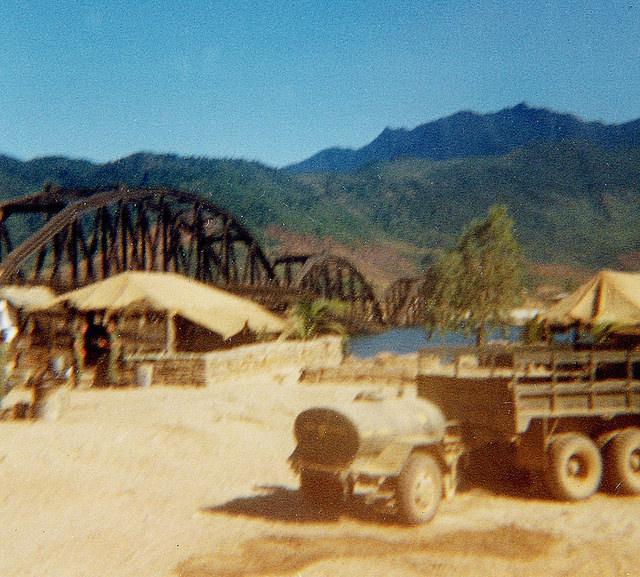In this week’s update, New Zealand joins the coalition against IS, anti-IS foreign fighters suffer a casualty, Australia’s Chief of Army gets ready to retire, a US special operations task force in the Philippines deactivates, US Central Command sends mixed messages and 50 years since Vietnam.
New Zealand Prime Minister John Key announced last week that ‘the Government [will] deploy a non-combat training mission to Iraq to contribute to the international fight against [Islamic State]’. NZ will deploy a total of 143 personnel to operate in a joint training mission with Australian troops, but ‘will not be a badged ANZAC force.’ The decision was met with disapproval by the opposition leader Andrew Little. On The critiqued the move: that by ‘ruling out a special forces role early on, the Government robbed itself of a contribution that might have been its most valuable’. On the same blog, Anna Powles questioned the proposed legal status of Defence personnel deployed in Iraq.
This announcement is trailed by speculation surrounding an increased Australian presence in Iraq. Australia currently has approximately 200 personnel assigned to the Special Operations Task Group delivering military advice and assistance to Iraq Security Forces. The decision to send a further 300 troops has reportedly been approved by Cabinet, with an official announcement to be made later today.
Not all foreign fighters are jihadists travelling to join the ranks of the Islamic State; some join militias that fight against IS. The first Westerner reported to be killed battling IS is former Australian Army Reservist, Ashley Johnston. He was killed after joining Kurdish fighters in Syria, which is illegal under the Autonomous Sanctions Act 2012.
Chief of Army Lieutenant General David Morrison is set to retire on 15 May this year with no word on his successor. The Sydney Morning Herald has already announced that Lieutenant General Angus Campbell is to step up to the position, but there’s still been no official release from the Department.
After a continued presence in the Philippines for over 13 years, the US announced last week that the Joint Special Operations Task Force-Philippines (JSOTF-P) will be deactivated. This decision was met with unease, with an unidentified senior military official stating that it will have an adverse effect on the Philippines anti-terror initiatives against groups like Abu Sayyaf. For more on counter-terrorism ground offensives in the Philippines and the state of the MILF peace deal, check out this cogistASIA podcast featuring Zachary Abuza on how the recent bungled police operation in Mindanao went down and why the Army wasn’t there to assist.
In the first instalment of Rapid Fire, the US had announced that preparations had begun for an offensive to take back the Iraqi city of Mosul. The unveiling of the plan was criticised heavily for ‘giving part of [the US] playbook to [IS]’. Anger continued to boil as an official from US Central Command accidentally gave away the location of a training camp during a press conference. The transcript has since been edited to amend the transgression. Finally, the Pentagon has back flipped, saying that the offensive has been pushed back by several months.
Discussion continues on whether the US should send defensive lethal arms to Ukraine. There is pressure to send assistance, as no one seems to seriously believe that the recent ceasefire deal will hold. While there’s been much debate on this issue in recent weeks, a new Brookings report, co-authored by senior US defense figures like Strobe Talbot, Michele Flournoy and Admiral James Stavridis, outlines what NATO and the US should do to preserve Ukraine’s independence, including recommendations for specific military assistance.
But what’s US public opinion on the conflict in Ukraine? A national survey conducted by the Pew Research Center indicates that most Americans (53%) oppose sending arms into the conflict, although it is interesting to note that overall support has increased from 30% to 41% since last year.
As Australia prepares itself for the 100-year commemoration of the Gallipoli landing next month, Kim Megson from The Guardian highlights some pertinent changes evident in today’s Vietnam. This Sunday will see the 50th anniversary of American troops first arriving on Nam O Beach in central Vietnam.
Sarah Hately is an intern at ASPI. Image courtesy of Flickr user mannhai.
